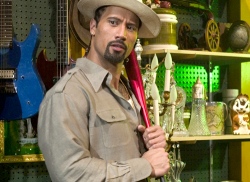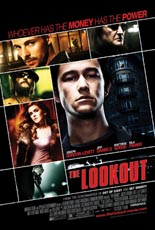
 For a while there in the mid-2000s — a distant time when Paris Hilton was trailblazing a path for Kim Kardashian and Massachusetts remained the only state where gay couples could get legally hitched — Joseph Gordon-Levitt was one of the most exciting actors around. The onetime kid co-star of TV’s 3rd Rock from the Sun had blossomed into an intense young thespian unbowed by noncommercial projects, whether it was as a prostitute in Gregg Araki’s Mysterious Skin or a teen detective in Rian Johnson’s quirky high school noir, Brick.
For a while there in the mid-2000s — a distant time when Paris Hilton was trailblazing a path for Kim Kardashian and Massachusetts remained the only state where gay couples could get legally hitched — Joseph Gordon-Levitt was one of the most exciting actors around. The onetime kid co-star of TV’s 3rd Rock from the Sun had blossomed into an intense young thespian unbowed by noncommercial projects, whether it was as a prostitute in Gregg Araki’s Mysterious Skin or a teen detective in Rian Johnson’s quirky high school noir, Brick.
Best of all was The Lookout, a crackerjack thriller that boasted ample smarts and style.
Gordon-Levitt plays Chris Pratt, (no, not that Chris Pratt), a young man enduring a nominal existence in small-town Kansas after a car accident left him with a debilitating head injury. Once a high school jock, Chris now copes with severe memory loss by keeping notebooks in which he jots down everything he wants to remember. He has inexplicable crying jags, too, and is incapable of filtering thoughts better left unsaid, particularly when it comes to good-looking women he meets. For him, trying to open a can of tomatoes becomes a monumental ordeal.
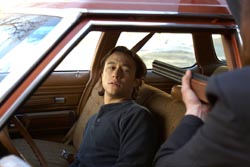 But the onetime big man on campus remains haunted by a nagging sense of entitlement. That feeling is putty in the hands of Chris’ new best pal, a sleazeball named Gary (Matthew Goode, Watchmen), who enlists the young man to help rob the small bank where Chris works as a janitor.
But the onetime big man on campus remains haunted by a nagging sense of entitlement. That feeling is putty in the hands of Chris’ new best pal, a sleazeball named Gary (Matthew Goode, Watchmen), who enlists the young man to help rob the small bank where Chris works as a janitor.
The plot thickens, as they say — and irresistibly so, thanks to a sharp screenplay courtesy writer/director Scott Frank. One of Hollywood’s top scribes at the time (Out of Sight, Minority Report), Frank had resolved to try his hand at direction after watching The Lookout’s script languish for a couple of years. His directorial debut was remarkably self-assured. The movie echoes Christopher Nolan’s Memento and Harold Ramis’ little-seen The Ice Harvest without being derivative, crackling renewed energy into the tropes of film noir. —Phil Bacharach

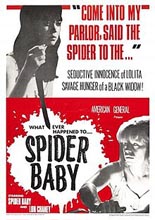
 The Merrye children of
The Merrye children of 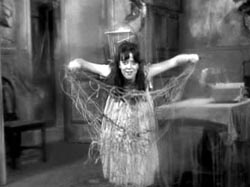
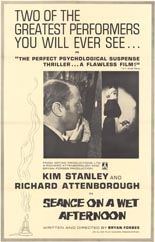
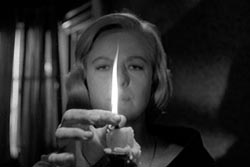
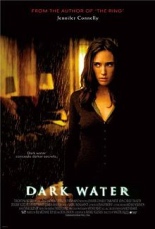
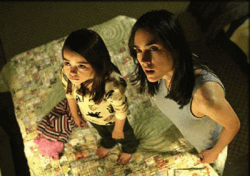
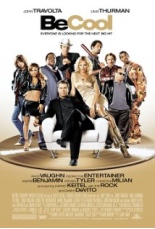
 Somewhere in the mess of
Somewhere in the mess of 